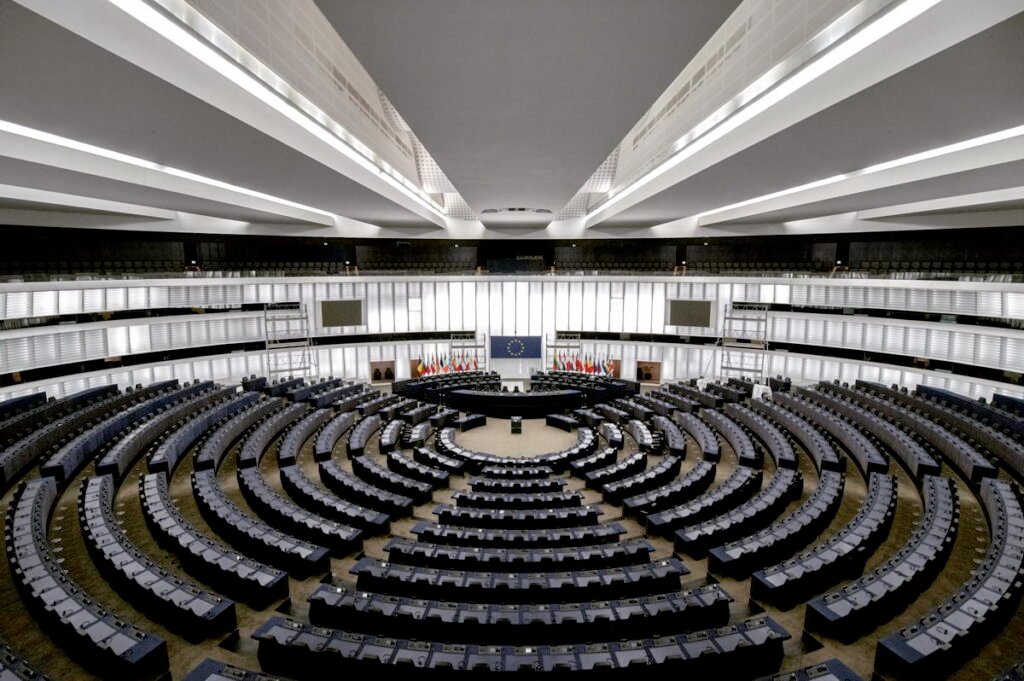Facebook owner Mehta said he plans to launch an operations center to fight fraud and misinformation ahead of June’s European Union parliamentary elections.
Competitor TikTok similarly announced in early February that it would launch an “election center” within its app in each of the 27 EU member states, in local EU languages, to provide reliable information.
Meta said it had been preparing for the election for some time and last year assembled a dedicated team to develop a “customized approach.”
Meta said it is currently expanding its fact-checking network with three new partners in Bulgaria, France and Slovakia.
operation center
The company signed an agreement earlier this month with a number of other tech companies pledging to work to prevent generative AI and other similar tools from influencing this year’s elections.
The EU-specific election operations center will draw experts from across the company in areas such as intelligence, data science, engineering, research, operations, content policy and legal, Mehta said.
Mehta said there are three areas of focus: combating misinformation, tackling organized influence operations, and addressing the impact of generative AI tools.
The most serious types of misinformation will be removed not only from Facebook, but also from Instagram and Threads, which are owned by Meta.
This includes content that could lead to imminent violence or physical harm, or content aimed at suppressing votes.
fact check
For content that does not violate these rules, the company works with 26 independent fact-checking organizations covering 22 languages across the EU to review and rate content.
If content is debunked by these fact checkers, Meta places a warning label on it and reduces its distribution.
“Even if a post is labeled as fact-checked, 95% of people will not click through to view it,” Marco Pancini, head of EU affairs at Meta, said in a blog post.
Meta labels photorealistic content created by Meta AI and creates tools to label images from other major AI platforms.
It also added the ability to publish AI-generated videos and audio so that people can add labels when sharing them, and said that failure to do so could result in penalties.

